According to the representative of the Ministry of Agriculture and Rural Development , discarded chickens are chickens that businesses buy at low prices after exploitation. However, these products still meet quality and quarantine regulations. Vietnam is a member of the World Trade Organization, so negotiations do not discriminate against any product that meets the standards.
Talking to the press about the recent massive import of discarded chickens, Ms. Nguyen Thu Thuy - Deputy Director of the Department of Animal Health, Ministry of Agriculture and Rural Development (MARD) - said that normally an imported meat or by-product product on the Vietnamese market must comply with many assessment steps and go through a negotiation process of at least 4 - 5 years.
Vietnam is a member of the World Trade Organization (WTO), so negotiations do not discriminate against any product that meets standards when imported into Vietnam.
Regarding imported beef, pork, or poultry products, Ms. Thuy affirmed that the Department of Animal Health has carefully reviewed disease records as well as the entire food safety monitoring process in the importing country. Therefore, it is inappropriate to say that products do not meet quality standards when imported into Vietnam. However, in the near future, the Department will review product standards in some countries from which Vietnam is importing large quantities of meat, such as Korea and Brazil.
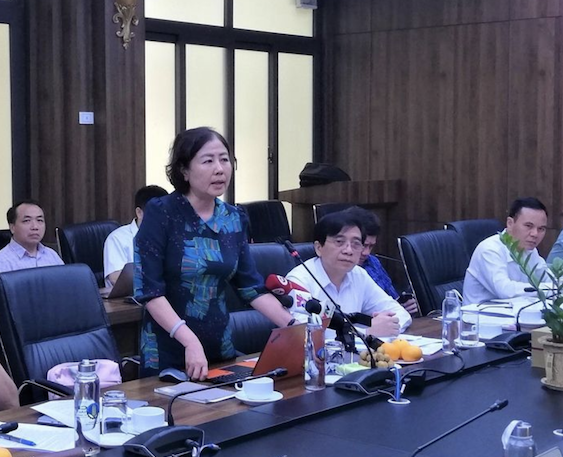
“With these products, the Department will currently take 5 samples for every 100 animals to test for food safety. In the past 2 years, we have not discovered any imported livestock products with residues exceeding the warning level of banned substances,” said the Deputy Director of the Department of Animal Health.
And with those imported livestock products Through the open trail, Ms. Thuy said, according to reports from veterinary quarantine departments and interdisciplinary teams, since the beginning of the year, about 4,000 tons of chicken feet and more than 400 tons of chicken and duck breeds have been imported.
For products of domestic origin, the Veterinary Departments can only control them at the place of departure and destination, but cannot quarantine them while they are on the road. Currently, many veterinary stations have merged with livestock to become Agricultural Service Centers, so they face many difficulties in controlling them in large, far-flung areas.
Mr. Duong Tat Thang - Director of the Department of Animal Husbandry - added, chicken cull are chickens that after exploitation (laying eggs), businesses buy them at cheap prices. However, the products also meet quality and quarantine regulations.
Mr. Thang said that in the context of fierce competition, Vietnam needs to have appropriate selective measures, in the spirit of protecting domestic livestock farming.
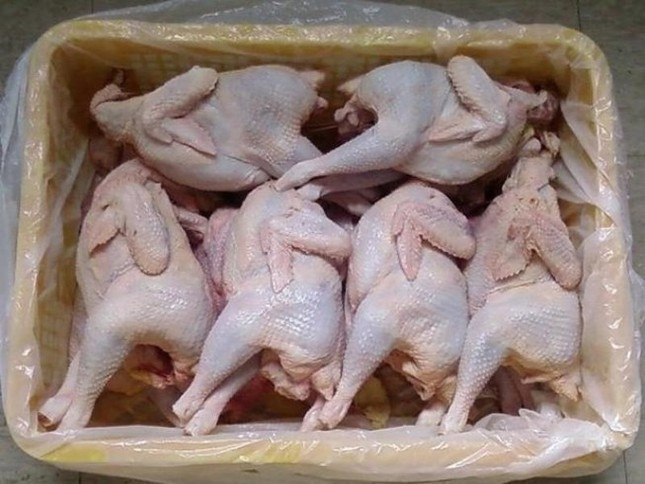
Previously, according to the Vietnam Poultry Association, the situation of illegal transportation and trade of poultry and poultry products across the border into Vietnam is complicated, especially in the Central and Southern provinces.
According to incomplete statistics of this unit, currently Every month, tens of thousands of tons of discarded live laying hens are smuggled across the border. into our country. Not to mention, many livestock by-products with very cheap prices such as feet, heads, necks, wings, skin, poultry gizzards... are massively entering the Vietnamese market to be processed into food for people.
This not only increases the risk of avian influenza virus strains and other dangerous infectious diseases entering Vietnam, but also seriously affects the domestic poultry industry, causing consequences for consumer health.
After receiving the dispatch from the Vietnam Poultry Association, Prime Minister Pham Minh Chinh directly signed Official Dispatch No. 426 requesting relevant ministries to prevent, detect and strictly handle cases of illegal trading and transportation of poultry and poultry products across the border into Vietnam.
Source




![[Photo] Anh Hoang - Dinh Duc successfully defended the men's doubles championship of the National Table Tennis Championship of Nhan Dan Newspaper](https://vphoto.vietnam.vn/thumb/1200x675/vietnam/resource/IMAGE/2025/5/23/d6ab3bcac02c49928b38c729d795cac6)
![[Photo] Top players gather at the 2025 Nhan Dan Newspaper National Table Tennis Championship](https://vphoto.vietnam.vn/thumb/1200x675/vietnam/resource/IMAGE/2025/5/23/9ad5f6f4faf146b08335e5c446edb107)




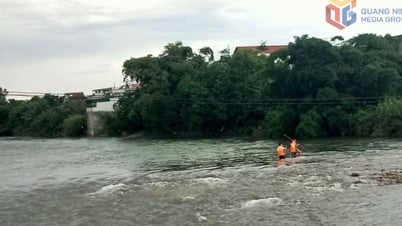


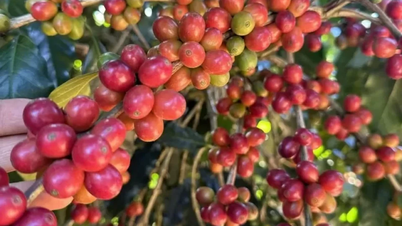







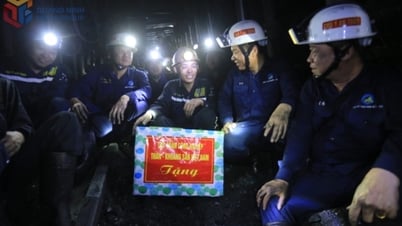

















































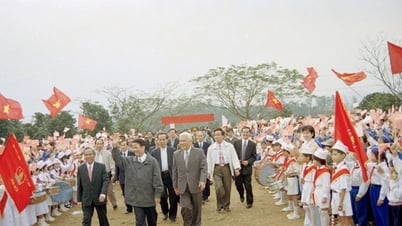

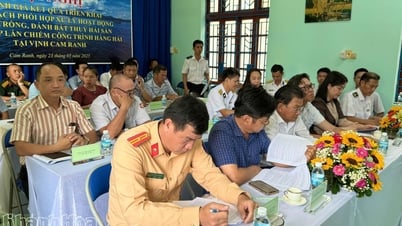

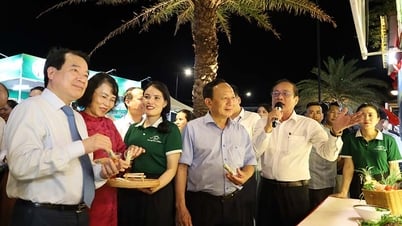

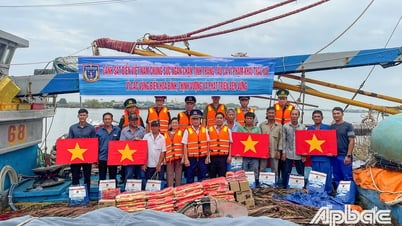

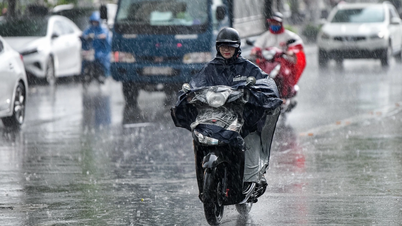












Comment (0)